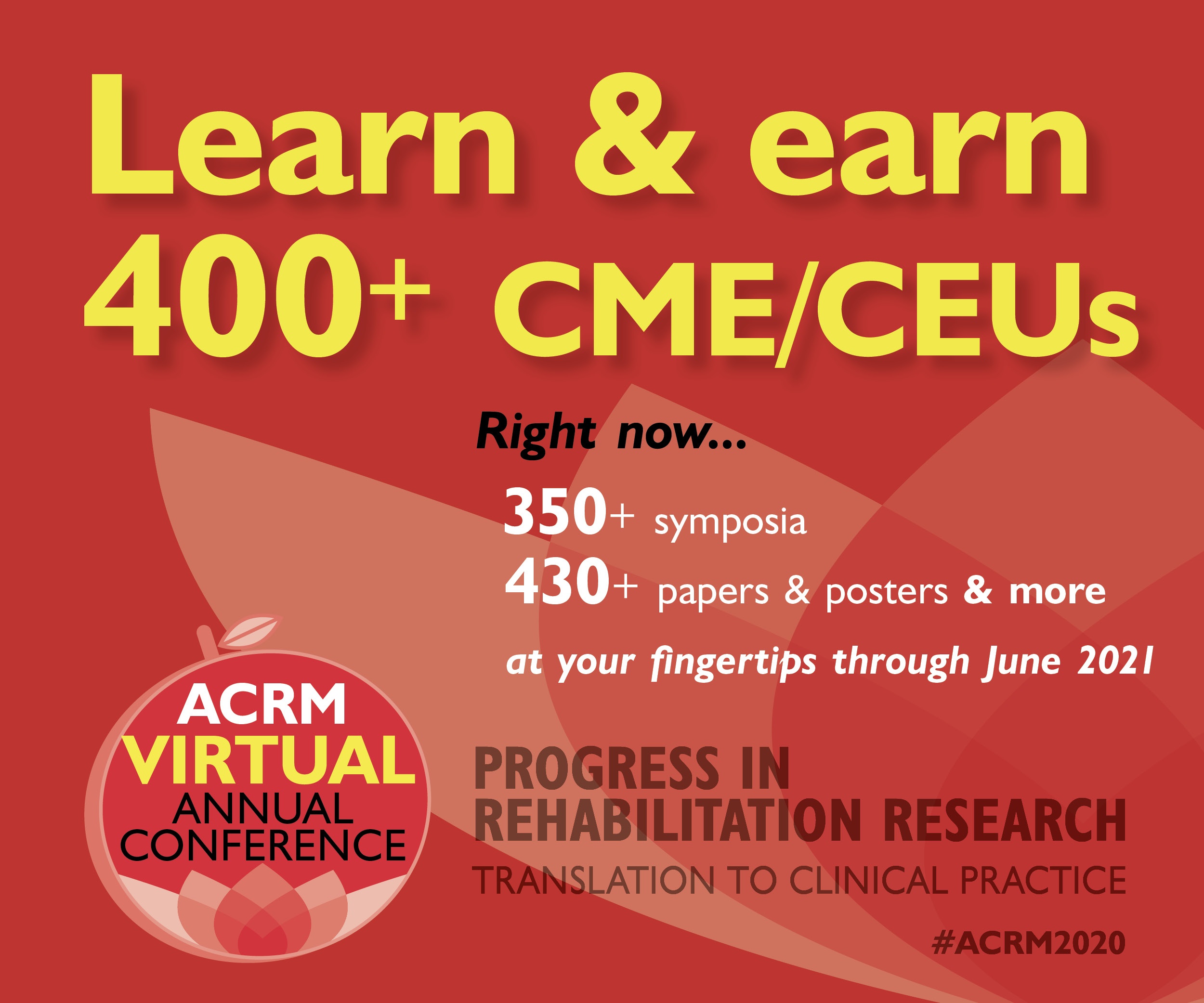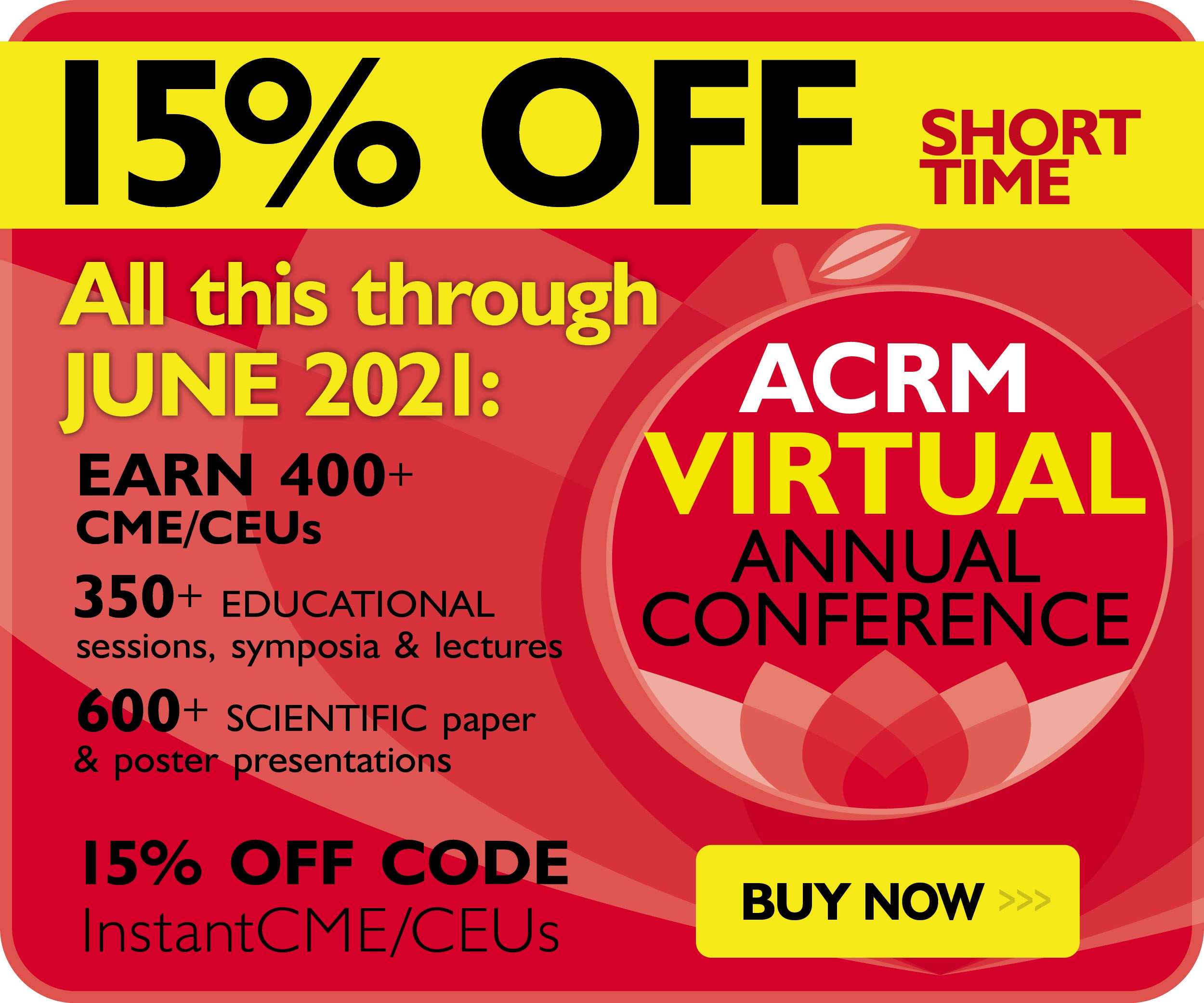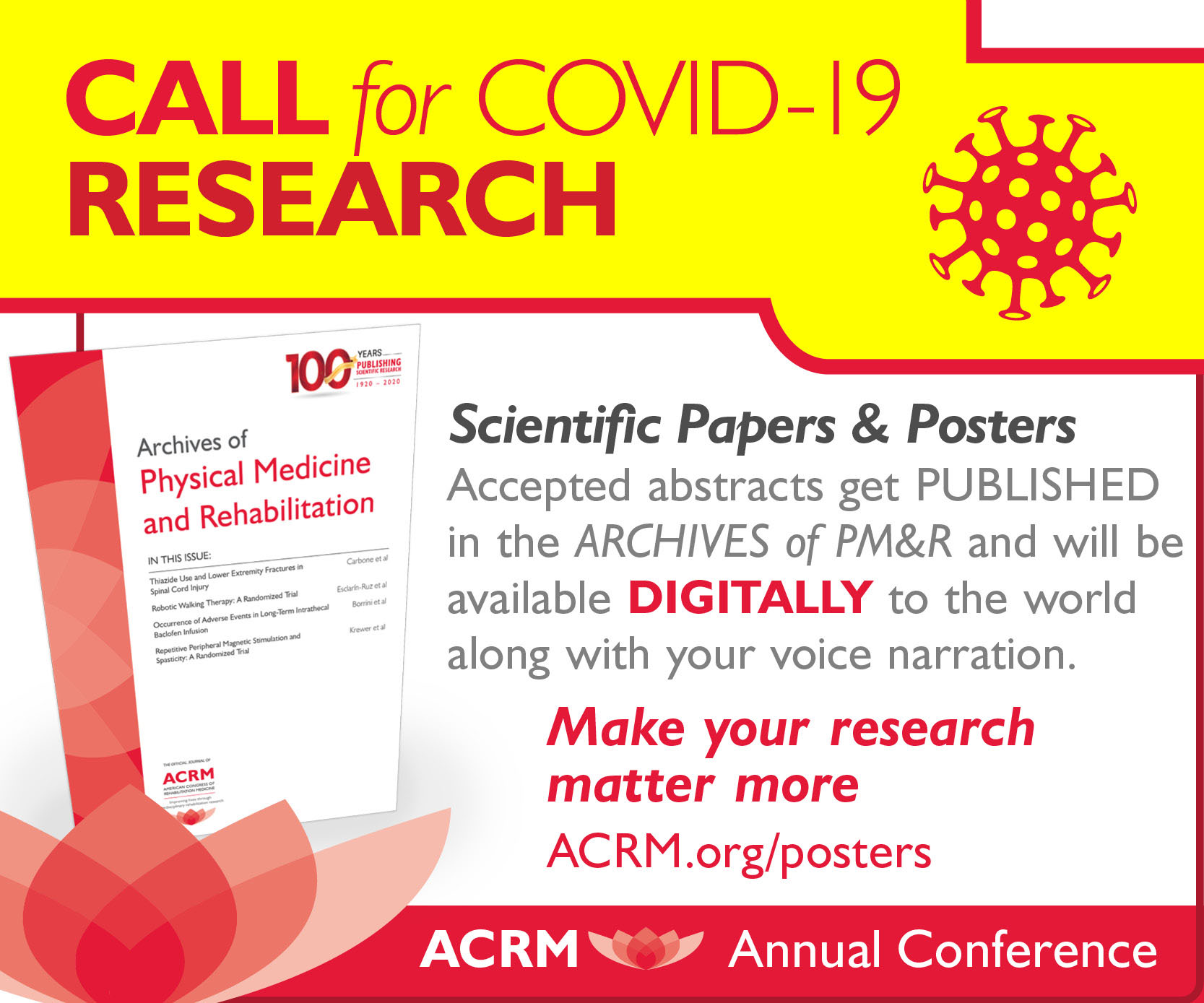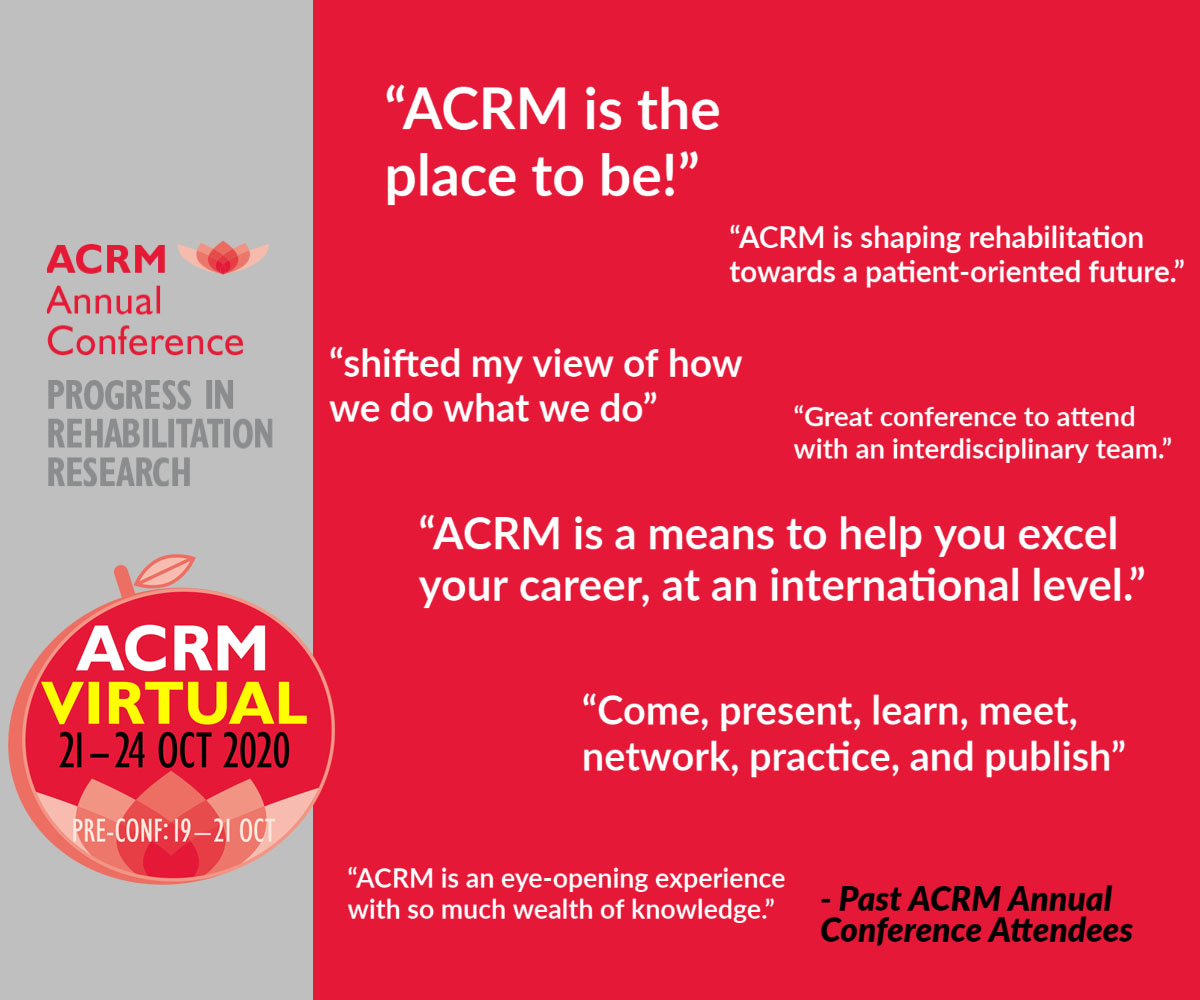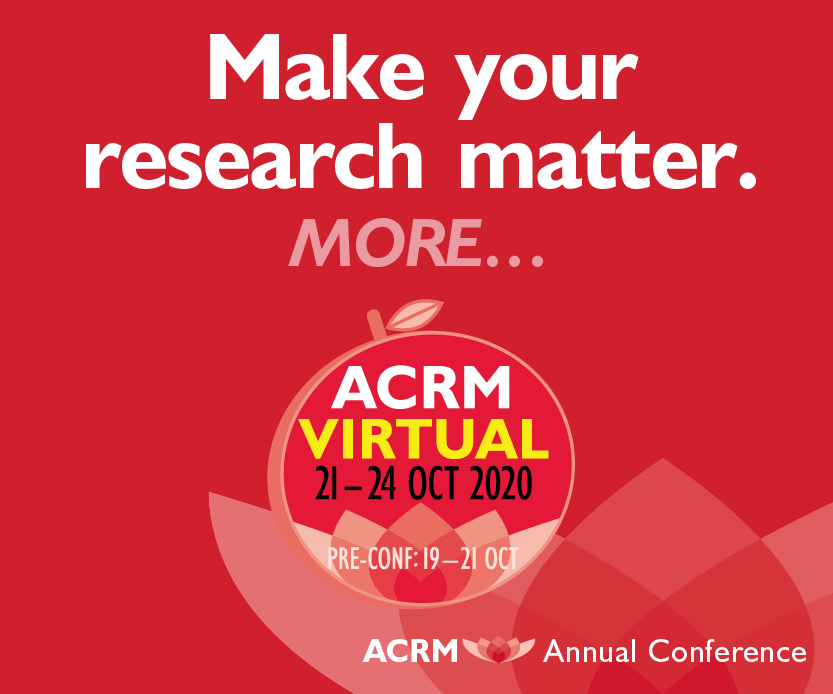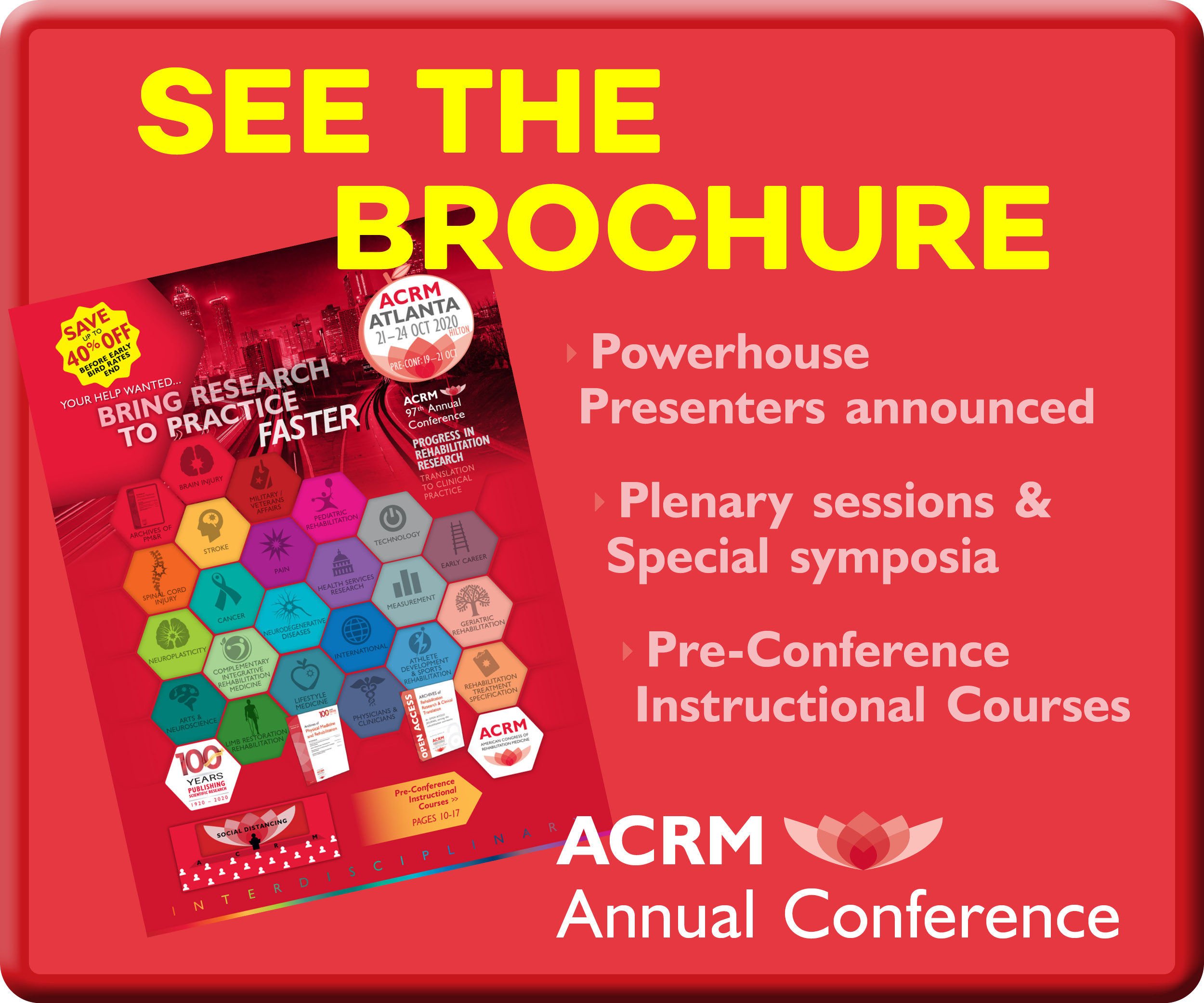ICC 3: Promoting Real World Physical Activity to Improve Health Outcomes in Persons Living With Multiple Sclerosis
FRI 23 OCT
Presenter(s)
Moderator(s)
Panelist(s)
This presentation will focus on ongoing and recently completed trials on rehabilitation to improve fatigue, physical activity, and real world activities of daily living among people living with Multiple Sclerosis (PwMS). It will review the 40 years’ research on physical training for PwMS, particularly for the transfer of the treatment gains to spontaneous mobility and physical self-care in the community. It will present a methodological framework based on Ecological Momentary Assessment to investigate the longitudinal relationship between feelings of fatigue and level of daily physical activity in PwMS and potential confounders that distort this association and will present recently released data on validated fatigue questionnaires (Rietberg & van Wegen, 2019), activity monitoring and the first data collected within this framework. This session aims to provide rehabilitation clinicians and scientists evidence-based insight into the relationship between real world physical activity patterns and coping with fatigue among PwMS.
Learning Objectives
- Understand historical development of different forms of physical training for spontaneous real-world physical activities in persons with multiple sclerosis
- Understand the extent to which gains in real world physical activity are retained following completion of training
- Understand the complex association between physical activity patterns and how people with MS cope with fatigue
Learn more >>






